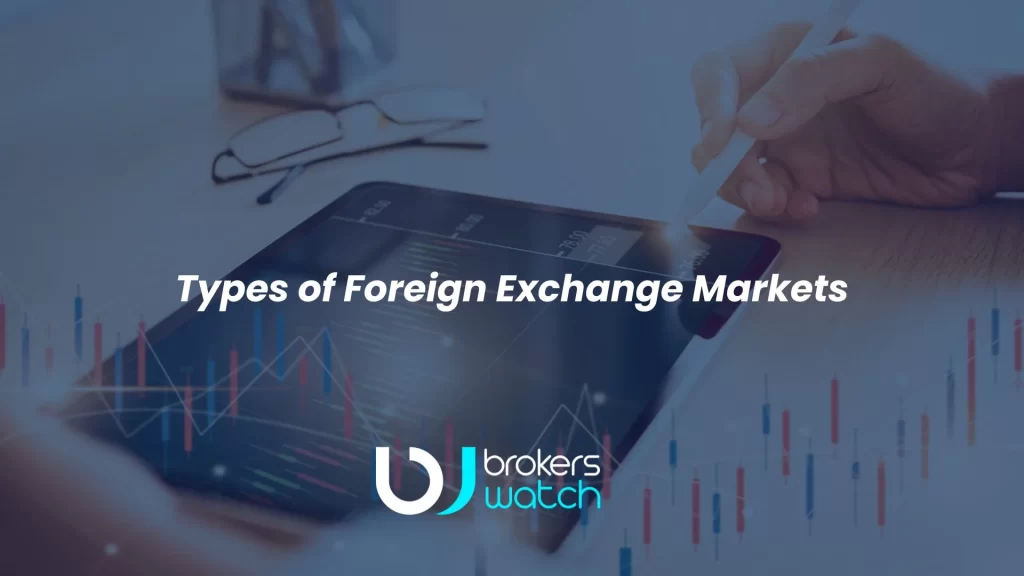Types of Foreign Exchange Markets
Currencies are traded on the foreign exchange market. This the only continuous trading market in the world. In the past the Forex market was dominated only by large banks and institutions and they were trading on behalf of their clients. The last few years it have become more retail oriented and more retailers and investors started to get involved.
Below will explore the different types of foreign exchange markets.
Swap Forex Market:
A foreign exchange swap is the simultaneous borrowing of one currency and lend another at an initial date, then exchange the amounts at maturity. It is risk-free lending as the swapped amounts are uses as collateral for repayment and trades are executed to settle obligations without having to deal with exchange rate risk.
Option Market:
In the options market, the exchange currency from one denomination to another is agreed upon by investors at a specific rate and date. Investors reserve the right, but are under no obligation, to convert currencies at a later date.
The three main Forex markets are the spot Forex market, the forward Forex market and the futures Forex market.
Spot Forex Market:
The spot Forex market is the immediate purchase of currencies “on the spot” at the current exchange, which means it takes place at the exact point that the trade is settled.
Many individuals prefer to trade foreign exchange on the spot. This is because it is generally not costly to open a position due to tight spreads.
Forward Forex Market:
The forward Forex market involves an agreement between the buyer and seller to exchange a currency at an agreed price at a specific time in the future. There is no real currency exchange but just value. The forward market is often used for hedging.
Futures Forex Market:
The futures market is similar to the forward market, which that there is an agreed price at an agreed date. The main difference is that the futures market is regulated and happens on an exchange. This removes the found in other markets. Futures are also used for hedging.
Spot vs forward and futures: what’s the difference?
A Forex forward or futures contacts have an expiration date and settles at a later date. For instance, when you buy GBP/USD futures contract, the price is set but the contact states that the currency will not be exchanged until the contact expires.
There is no overnight credit or debit for forwards and futures as the interest rate differential of the currencies in the pair is factored into the price paid for the contract. Therefore, the forward price will be different from the spot price.
Futures and forwards may have higher spreads than spot FX. This is because they are not as heavily traded due to expiry dates and the price difference from spot.
Futures and forwards are very similar. Futures trade through an exchange whereas forwards trade-off exchange.


